



At the start of the Bhagavad-gita’s sixth chapter, Krishna continues revealing how opposites can be harmonized. Just as sankhya and yoga both are meant for the same purpose (05.04-05), so too are sannyasa and yoga (06.01-02).
Sannyasis are characterized by their renunciation of the world, but why do they renounce the world? Ultimately, to focus single-mindedly on transcendence. Yogis are practitioners of any of the several paths of yoga, but why do they practice yoga? Ultimately, to connect systematically with transcendence. If anyone wants to progress steadily toward transcendence, be they sannyasis or yogis, they need to renounce worldly desires (06.02: sannyasta-sankalpo). Without such renunciation of desires, the external practice of yoga will remain superficial and the external adoption of the renounced order may even become deceptive or self-deceptive.
Renunciation is never meant to be an escapeway for those who find their worldly duties disagreeable. It is meant to be a pathway for those evolved souls who have come to realize that whatever worldly life offers is not ultimately meaningful — such souls are intent on seeking something beyond this world, something enduringly meaningful: the ultimate reality.
Most people equate renunciation with the renouncing of worldly duties. However, if someone renounces duties but doesn’t renounce desires, they will only end up becoming irresponsible or even hypocritical. On the other hand, if someone renounces desires internally, then they are actually renounced even if they continue their duties externally,
When Arjuna thought of renouncing the world, it was primarily because he recoiled from the unpalatable duty of fighting; it was not because he had suddenly developed strong detachment from the world or deep longing for transcendence. Therefore, suddenly renouncing duties wouldn’t help grow spiritually; steadily renouncing desires while doing his duties in a mood of service would.
One-sentence summary:
The essence of renunciation is not renunciation of duties (karma-sannyasa), but renunciation of desires (sankalpa-sannyasa).
Think it over:
- How are sannyasa and yoga the same?
- What is renunciation meant for? What is it not meant for?
- To grow spiritually, what is the most important thing to renounce? Why?
***
06.02: What is called renunciation you should know to be the same as yoga, or linking oneself with the Supreme, O son of Pandu, for one can never become a yogi unless he renounces the desire for sense gratification.
To know more about this verse, please click on the image

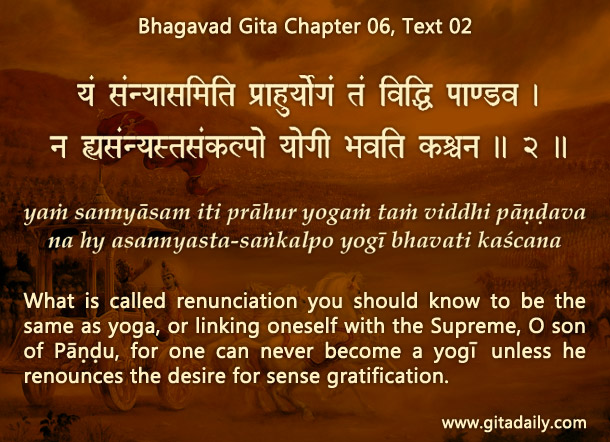










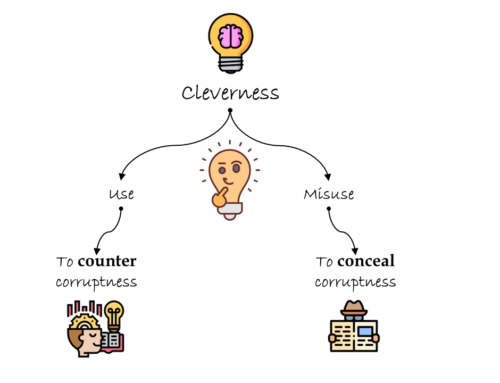


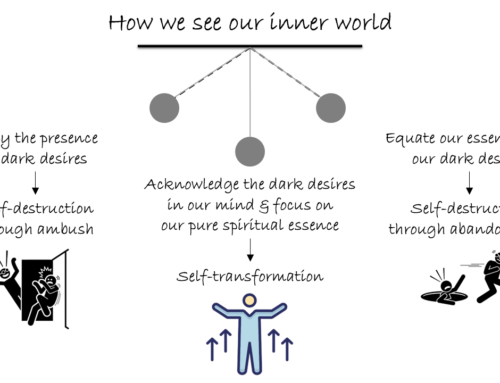
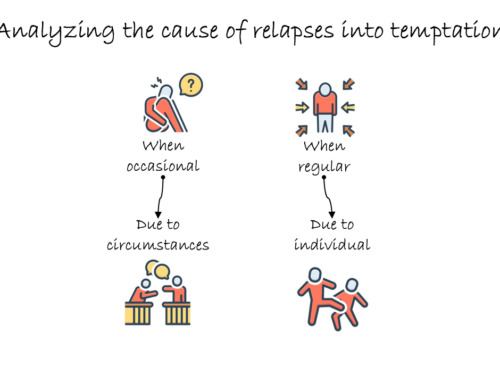

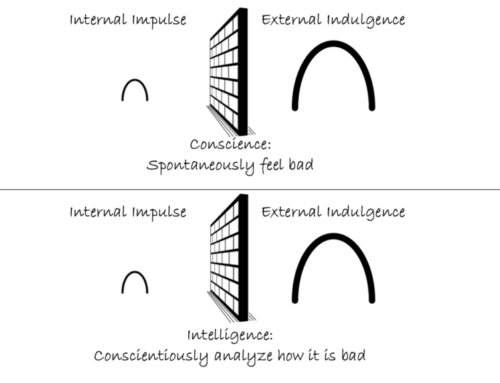
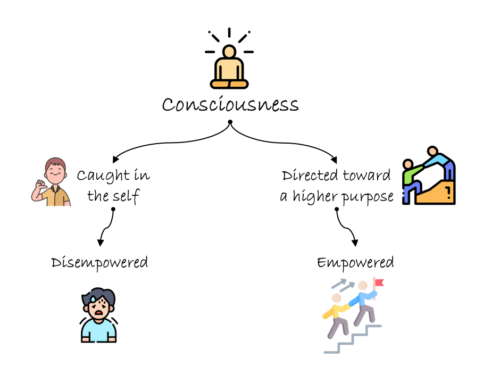
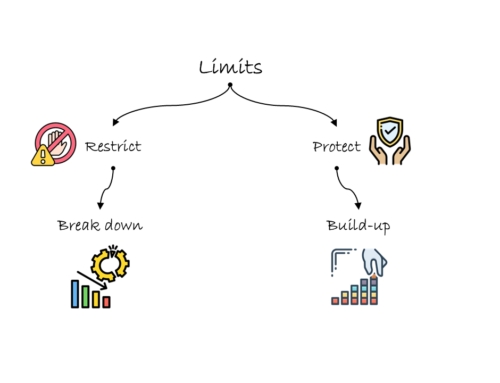
Hare Krishna 🙏
There is great inspiration in the richness of these texts.
Ys,